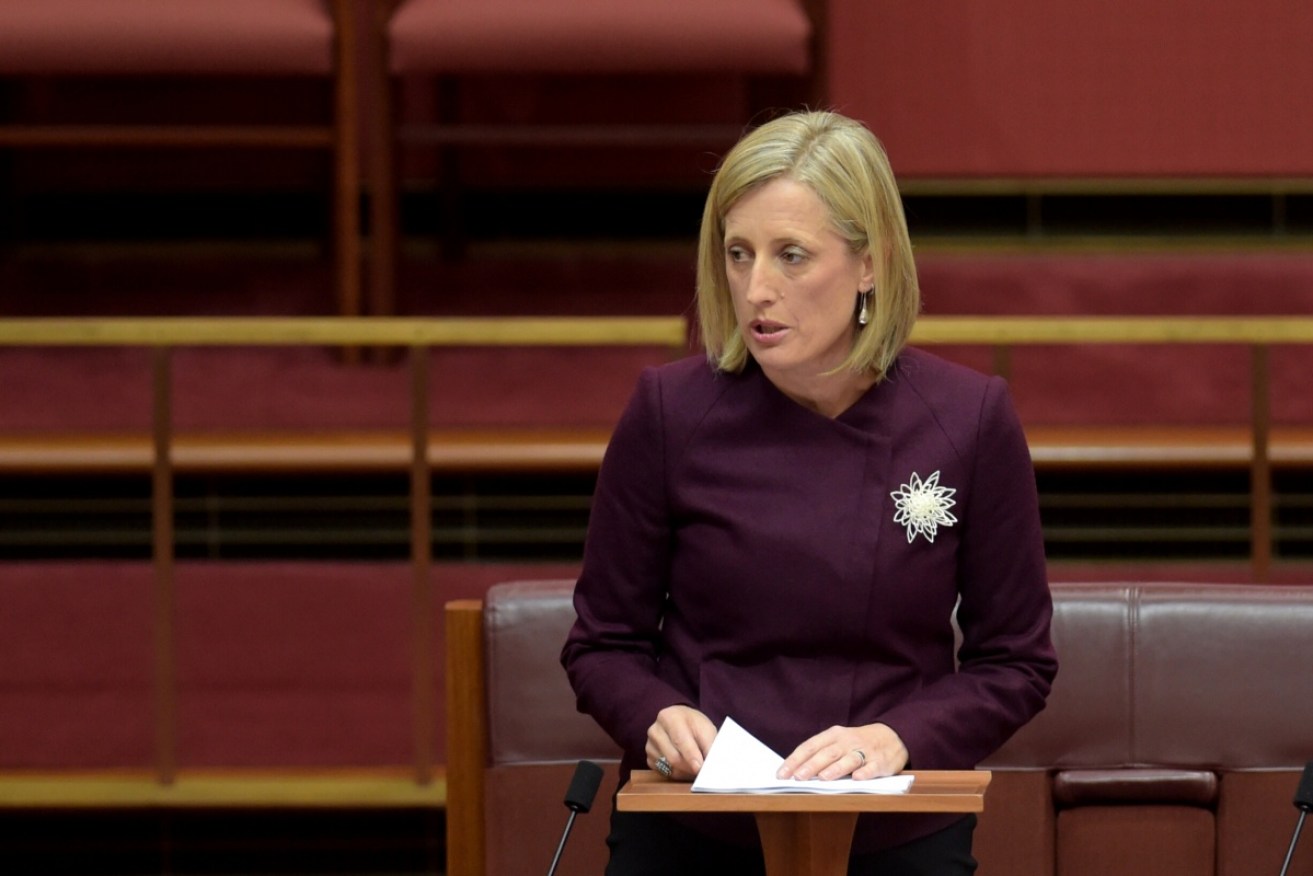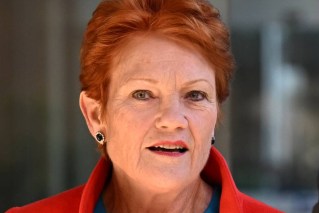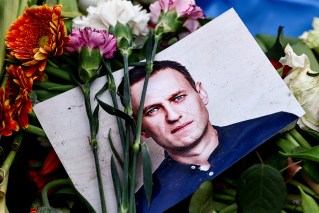New legal memo casts doubt on Katy Gallagher’s citizenship denial


Ms Gallagher claimed she took all reasonable steps to renounce her British citizenship before the election. Photo: AAP
Fresh doubts have been raised about Labor senator Katy Gallagher’s eligibility to sit in Parliament with the former legal counsel to an Ecuadorian president saying it’s likely she acquired Ecuadorian nationality at birth.
A legal memo prepared exclusively for The New Daily by lawyer Hernán Pérez Loose, who served the President of Ecuador from 1982 to 1984, argued that if the basic biographical information Senator Gallagher had put on record was correct, then “with no doubt we can conclude” she would be an Ecuadorian national.
Dr Pérez worked from the basis that Senator Gallagher was born in Australia in 1970; that her mother was born in Ecuador in 1943; and that her mother was a British national.
Labor, which has so far escaped the citizenship crisis engulfing Parliament, has argued the country’s current constitution – under which Senator Gallagher would be a citizen – was not retrospective.

Click on the image to enlarge it and see Dr Pérez’s advice.
But Dr Pérez’s advice* suggests that even if that is correct, Senator Gallagher is likely to have become an Ecuadorian national by birth.
He said Senator Gallagher’s mother was “Ecuadorian by birth, since [the 1929 constitution] established that those who were born in Ecuadorian territory acquired the Ecuadorian nationality”.
Senator Gallagher would have acquired nationality by birth through “article 13 of the 1967 Ecuadorian constitution, which was the constitution applicable during the person’s birth in 1970”, he argued.
Under article 13, a person born on foreign territory acquires Ecuadorian nationality by birth if they are “children of Ecuadorian parents by birth … unless, after reaching their senior years, they expressly renounce the Ecuadorian nationality”.
“From the background information provided to us, we cannot conclude if the person who was born in Australia acquired the Ecuadorian nationality by birth,” Dr Pérez wrote.
“However, if one of the requisites mentioned above is met, which presumably is the case since the person’s mother is Ecuadorian by birth, then with no doubt we can conclude that this person did in fact acquire the Ecuadorian nationality by birth.”
The Guayaquil-based lawyer said that Senator Gallagher would have retained Ecuadorian nationality despite being Australian because the right to dual nationality was established in the 1967 constitution.
Dr Pérez taught constitutional law at the Catholic University of Guayaquil, served as legal counsel to the president of Ecuador from 1982 to 1984 and to the country’s Attorney-General from 1979 to 1980.
The head of law firm Coronel & Pérez, Dr Pérez has also “acted as legal expert on various topics of Ecuadorian law in cases before US and UK courts and international arbitration tribunals”.
The offices of Labor leader Bill Shorten and Senator Gallagher would not comment.
Dr Pérez contradicted the analysis provided to The New Daily by Ecuadorian citizenship expert Gabriel Echeverria, a research fellow at Italy’s University of Trento, which suggests Senator Gallagher’s status is contested.
Mr Echeverria said Senator Gallagher would have been entitled to citizenship under the current 2008 constitution – which he suggested was retrospective – but would have had to apply to gain citizenship.
Dr Pérez argued that “there was no provision in Ecuador’s current constitution on the possibility to obtain the Ecuadorian nationality through retroactivity”.
The fresh questions for Senator Gallagher come as crossbencher Derryn Hinch said he would refer himself to the High Court over a possible breach of Section 44.

Derryn Hinch has said he has no sympathy for others caught in the dual citizenship saga. Photo: AAP
Australian constitutional law experts were reluctant to evaluate Dr Pérez’s advice, saying they were not experts in Ecuadorian law.
But Dr Gabrielle Appleby of the University of New South Wales told The New Daily: “You would expect that if there is a contest, this is exactly the type of evidence that would be presented to the court.”
Murdoch University constitutional law expert Lorraine Finlay on Thursday joined UNSW Law School Dean George Williams and Sydney University’s Professor Mary Crock in calling for the case to be adjudicated by the High Court.
“It shows that it’s simply not sufficient to rely on the individual word of parliamentarians or political parties in relation to whether dual citizenship applies or not,” Ms Finlay told The New Daily.
Labor politicians have so far refused to release documentation or legal advice to back claims that they don’t hold dual citizenship.
Senator Gallagher emphatically denied she held Ecuadorian citizenship on Monday, saying she’d investigated her situation during the Labor vetting process.
“As a result of these investigations it was determined that I had not obtained Ecuadorian citizenship by descent.”
NOTE: The statement provided to The New Daily was general advice only, not formal legal advice specifically related to Senator’s Gallagher’s personal circumstances.








